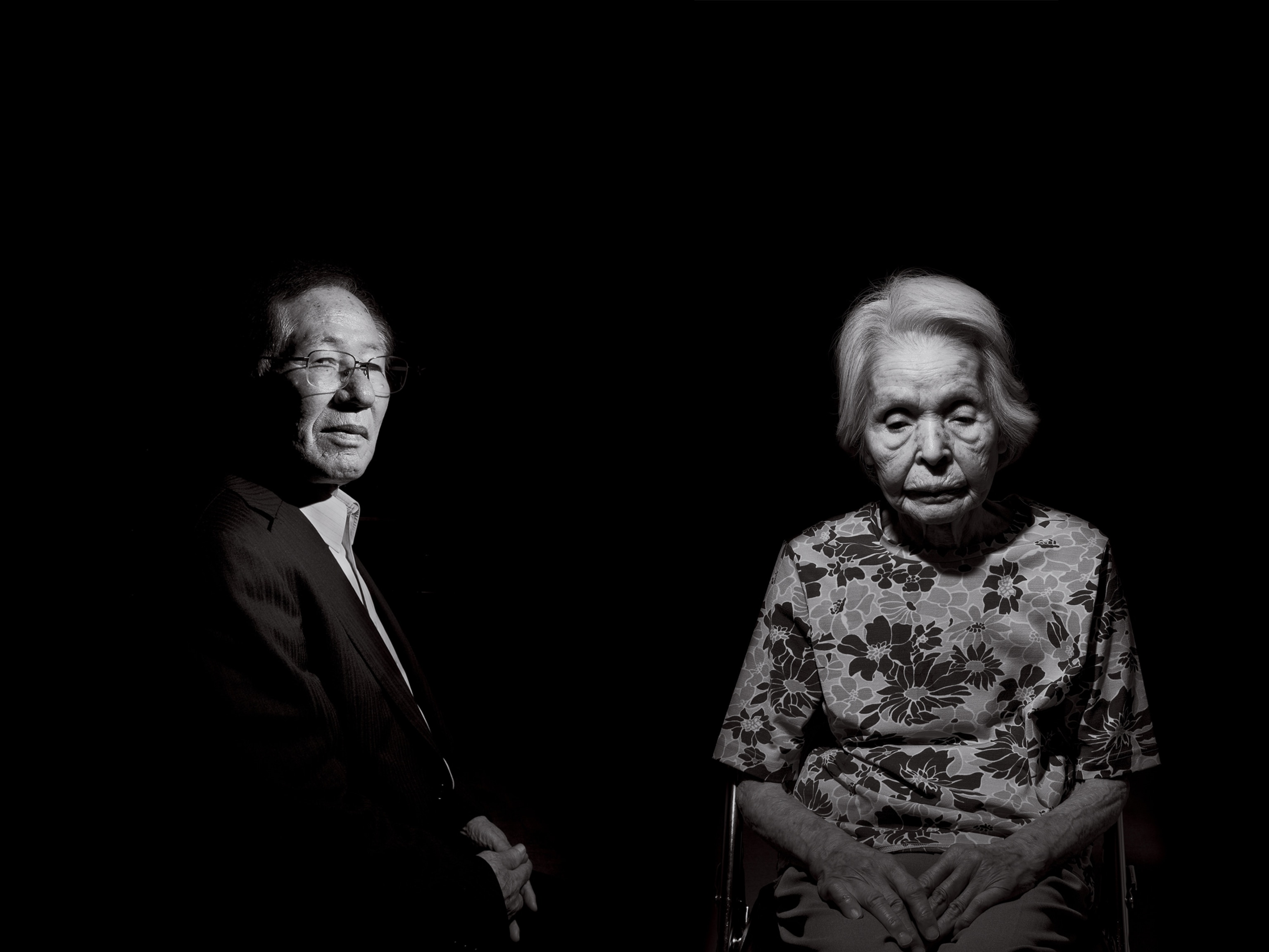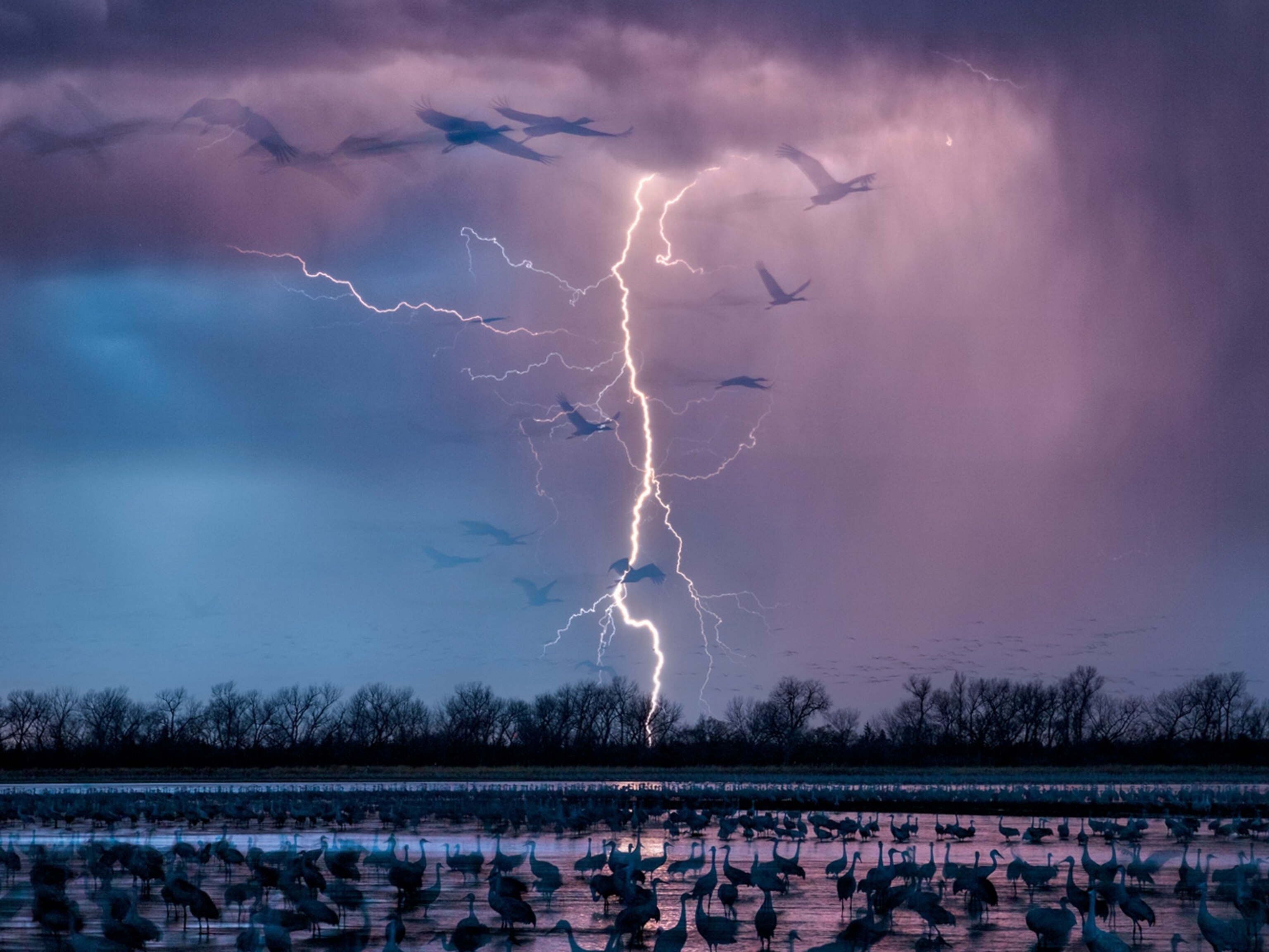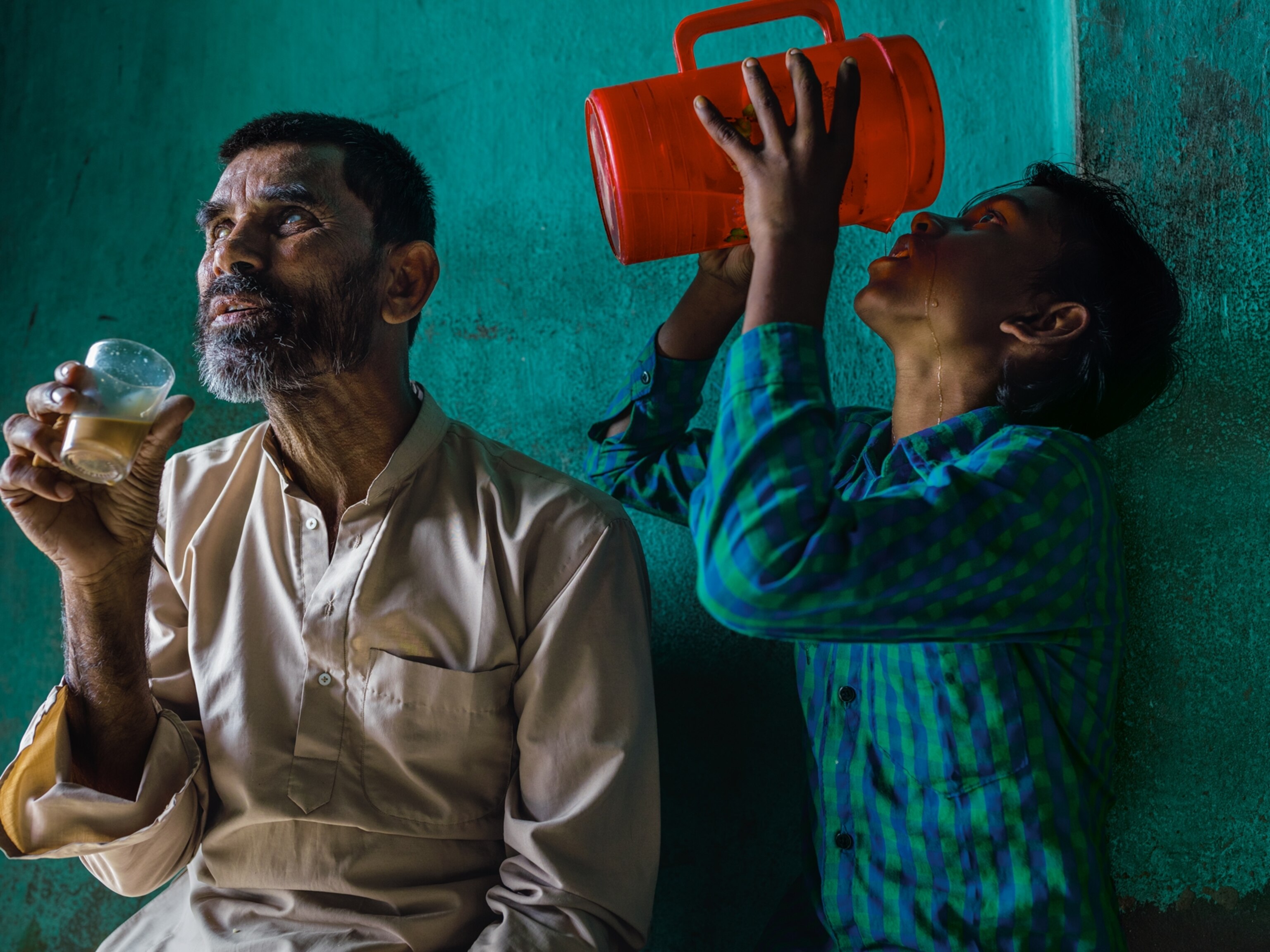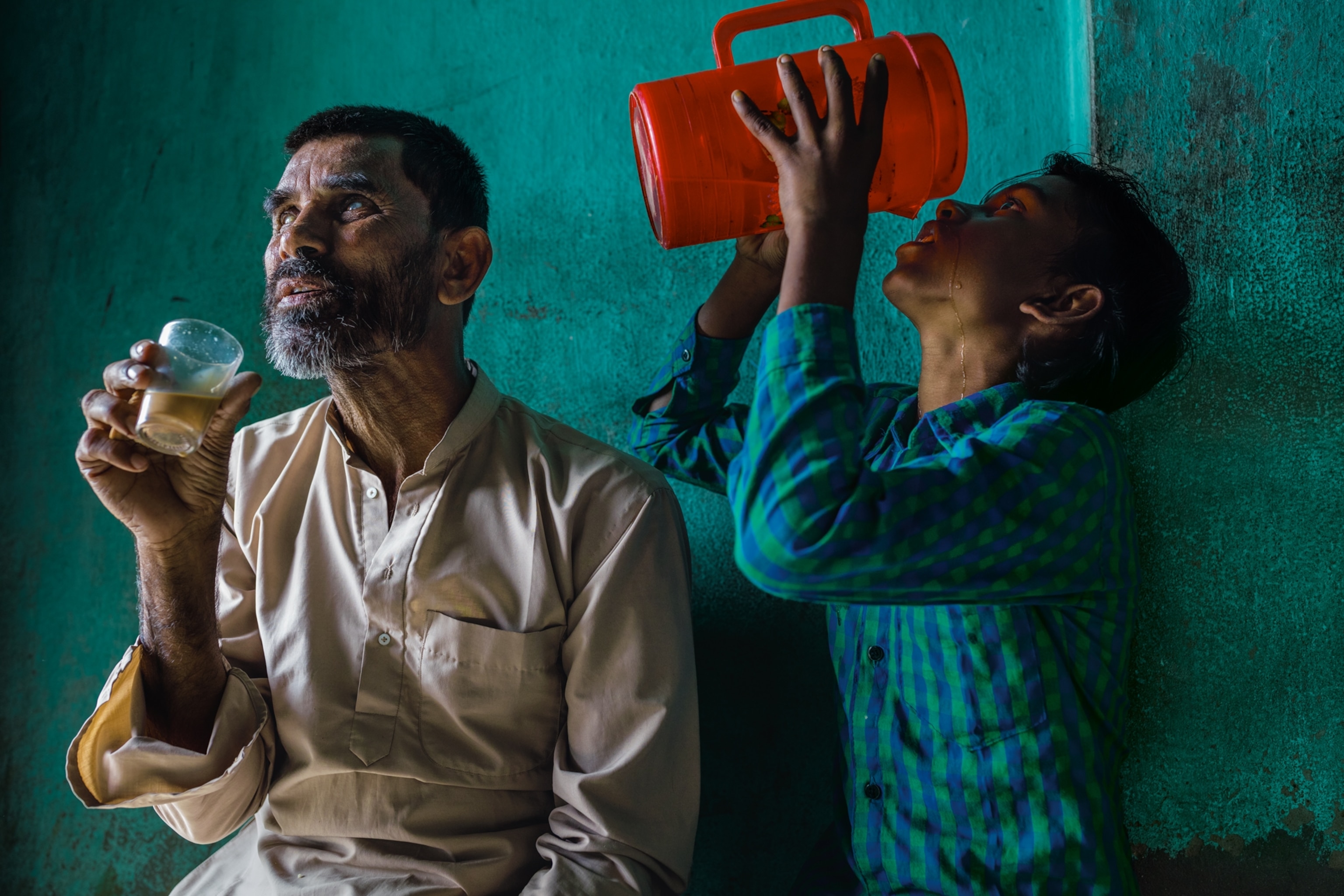
Jimmy Carter Critiques National Geographic’s Blindness Story
“Your article was fascinating ... but it did not tell the whole story,” writes the 39th United States president, who aims to eliminate river blindness.
To the Editors,
I read with interest David Dobbs' article "Why There's New Hope Around Ending Blindness" in the September 2016 issue of your magazine. While no general-circulation magazine article could possibly explore all the many causes of blindness, this one did not address a huge problem for people living in poverty: blindness caused by infectious diseases.
With the support and cooperation of numerous governmental agencies, foundations, nongovernmental organizations and other partners, the Carter Center has been working for decades toward eliminating blinding onchocerciasis (known as river blindness) and trachoma in the poorest parts of the world.

Parasitic river blindness threatens over 120 million people, mostly poor Africans. Thanks to the drug ivermectin (Mectizan®), donated by Merck, population-based drug campaigns have nearly eliminated river blindness in the Americas except for a few remote spots along the Amazon River. In Africa, river blindness has been eliminated in parts of Sudan and most of Uganda, freeing over one million people from this scourge. We anticipate other countries in Africa will follow, particularly the most highly endemic country in the world, Nigeria, with 50 million people at risk.
Trachoma, a bacteria spread from one person to another and by certain flies, can be found in over 50 countries, most in Africa and the Middle East. Globally, 200 million people are at risk (with women and children at highest risk), with over 3.2 million at immediate risk for blindness from an advanced stage of the disease called trichiasis, in which the eyelashes turn inward and painfully scratch the cornea. Multiple agencies, including the Carter Center, control trachoma by digging latrines to deny the flies a breeding medium, teaching children to keep their faces clean so flies won’t land on them, distributing millions of doses of the antibiotic azithromycin (Zithromax®), donated by Pfizer, and training local practitioners to perform the simple eyelid surgery that reverses trichiasis.
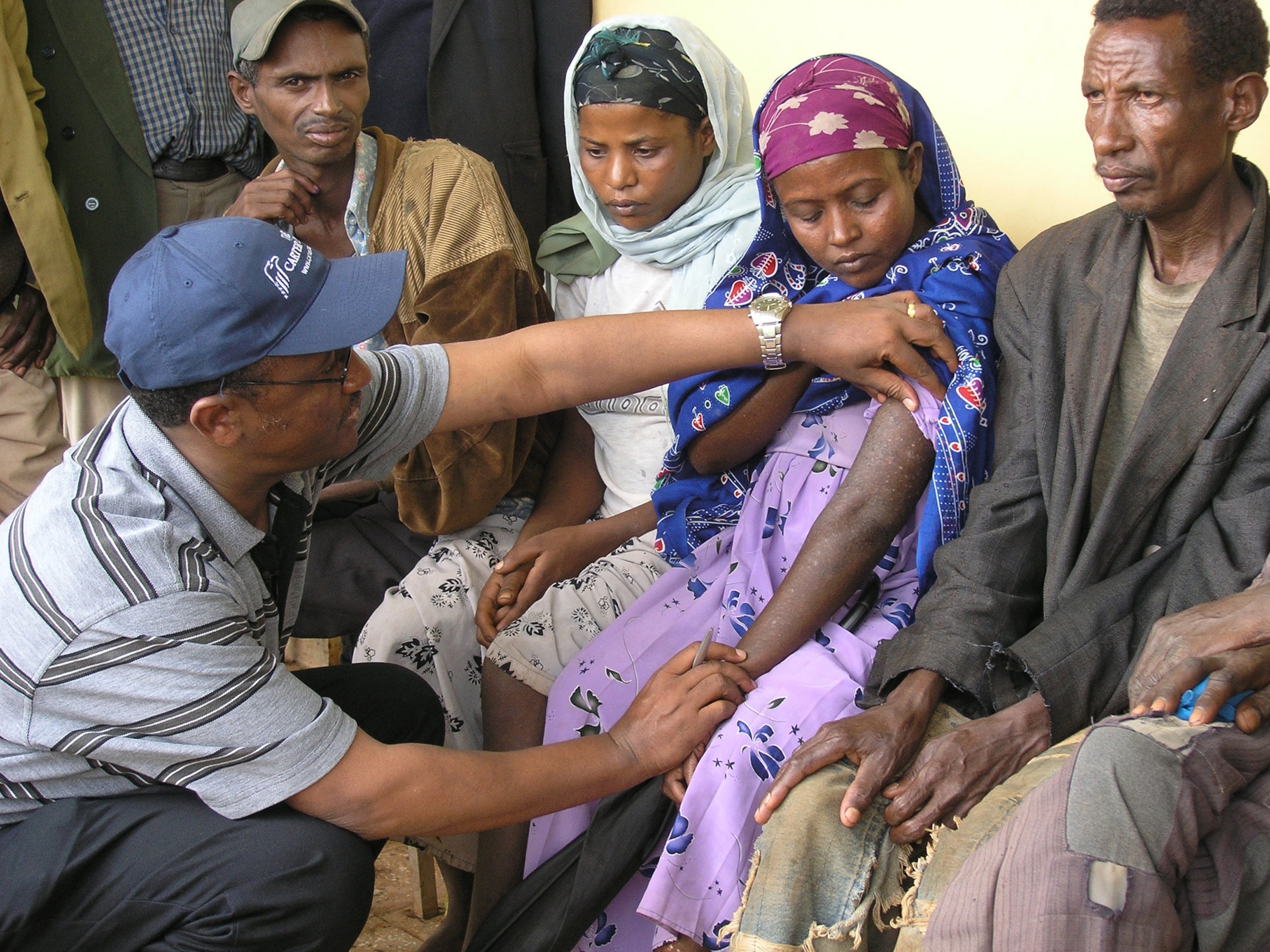
These are massive efforts. This year, for instance, the Carter Center expects to administer 59.9 million treatments.
The loss of sight causes enormous human suffering and has public health, social, and economic consequences for the developing world. Your article was fascinating and the technological developments are encouraging, but it did not tell the whole story of the global partnerships and grassroots community-based actions that are preventing blindness among millions living in poverty today.
Sincerely,
Jimmy Carter
